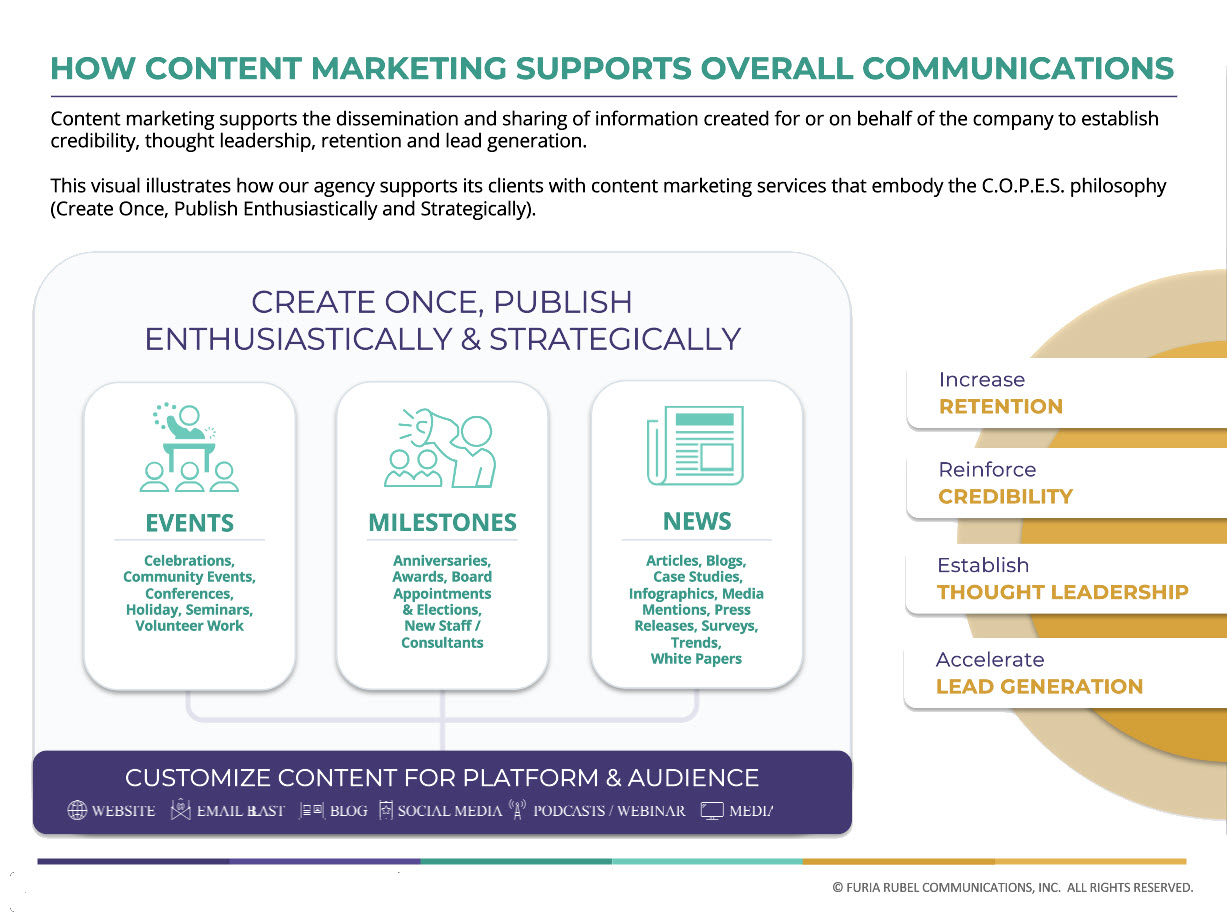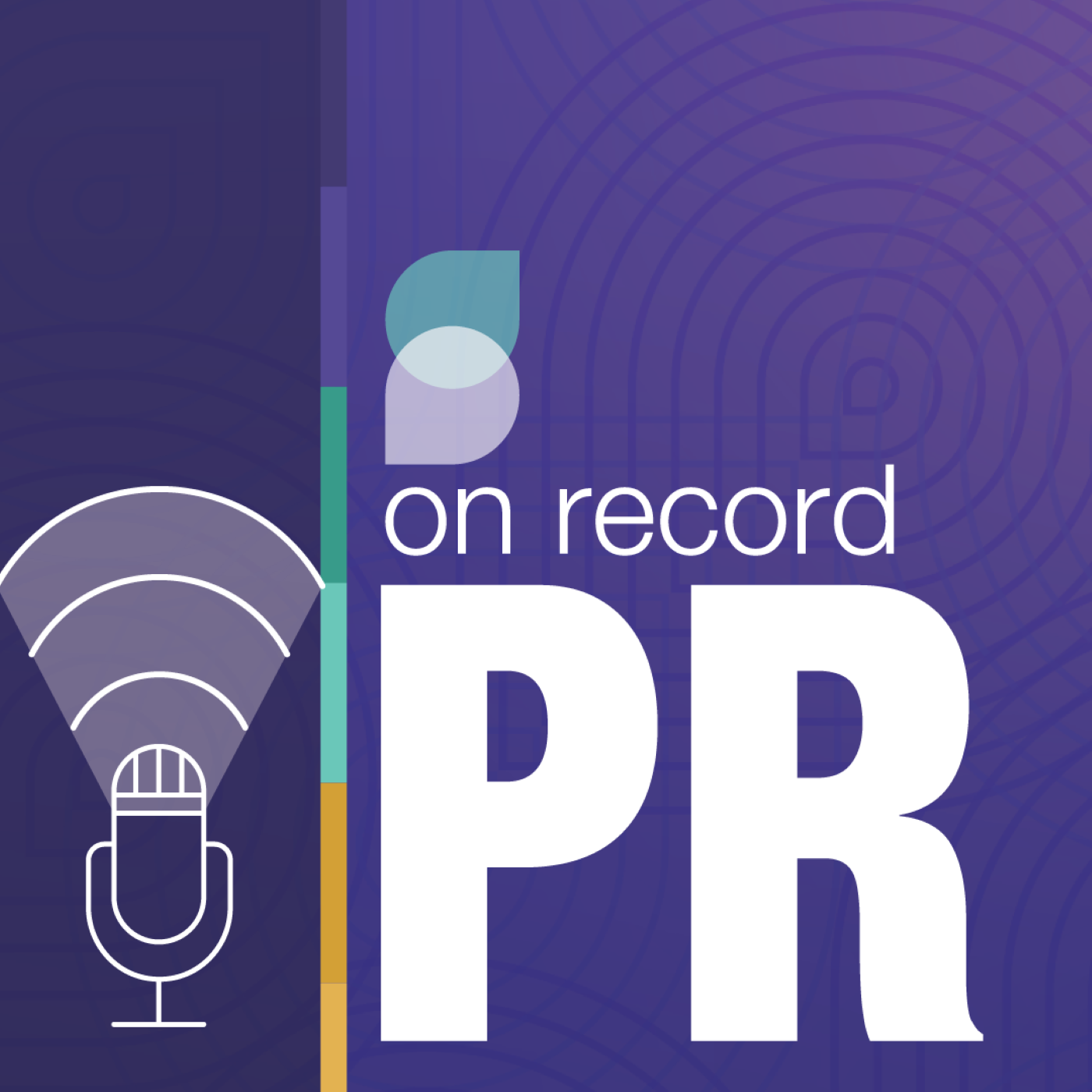GEO vs. SEO: How AI-Driven Search Is Rewriting Law Firm Visibility
Search is changing fast. For years, SEO helped firms rank in organic results and drive website traffic. Today, AI-generated summaries increasingly answer queries before users ever click—shifting attention to the sources these summaries cite. That shift is where GEO—generative engine optimization—comes in.
In this episode, Chief Innovation Officer Leslie Richards joins Jennifer Simpson Carr to clarify the difference between SEO and GEO and why it matters for firm strategy, business development, and reputation. They connect modern search behavior to what clients already demand: visible authority and proof of expertise across channels, not just a high-ranking web page.
What’s Changing: From Clicks to Citations
- SEO targets traditional organic listings below sponsored ads and aims to generate website visits.
- GEO focuses on being cited as a source in AI summaries (and on platforms like ChatGPT and Perplexity), where many users get answers without clicking (“zero-click” searches).
- Implication: Even if traffic patterns shift, appearing as a cited source can elevate perceived authority and still drive qualified visits.
Why This Matters for Law Firms
- Prospective clients increasingly look for authorities in niche areas, not generalists.
- Being cited in AI results validates your authority and reinforces your firm’s reputation where buyers make early decisions.
- PR and content distribution now influence not only brand awareness but also search visibility in AI contexts.
How GEO and SEO Overlap (and Differ)
- Don’t abandon SEO—organic search still drives meaningful traffic.
- Keyword research remains helpful to understand how audiences talk about topics, but GEO prioritizes topic dominance over single-keyword wins.
- Build robust content clusters: main topic + related subtopics + recurring publication cadence.
Building Authority Across the Digital Ecosystem
- Distribute beyond the website: LinkedIn profiles/Newsletters, Substack, podcasts, conference talks, alumni and industry publications.
- Third-party placements provide external validation. Some outlets (e.g., press distribution) also add backlinks—a technical boost to your authority profile.
- Treat visibility as an ecosystem, not a single destination page.
First Practical Steps You Can Take Today
- Publish detailed, genuinely helpful answers using the language clients use with you. Depth and specificity signal real expertise.
- Repurpose and distribute: turn talks, webinars, and podcast appearances into posts, summaries, and clips across channels.
- Maintain and regularly update attorney LinkedIn profiles with recent thought leadership and appearances.
- Use C.O.P.E.S.: Create Once, Publish Enthusiastically (and) Strategically across your digital ecosystem,

The Takeaway for Law Firm Leaders
Authority—not just rank—wins in AI-driven search. Keep your SEO foundation, but expand to GEO by publishing substantive content, earning third-party validation, and distributing across channels. Aim to own the topic, not just a keyword, so your lawyers show up where AI (and clients) look for credible sources.
Resources
- Zero-Click Searches: https://www.furiarubel.com/podcasts/how-to-rank-in-the-age-of-ai-search/
- How PR Helps Protect Your Online Visibility in a Zero-click World: https://www.furiarubel.com/news-resources/how-pr-helps-protect-your-online-visibility-in-a-zero-click-world/
Coming up: Join us next week, when Leslie Richards returns to demystify Google’s knowledge panels and their growing role in shaping professional credibility online. She will explore how attorneys and law firm leaders can claim and monitor their panels, why publishing content is the real driver of authority, and how this ties into generative engine optimization (GEO).
